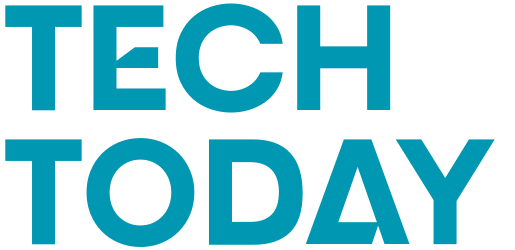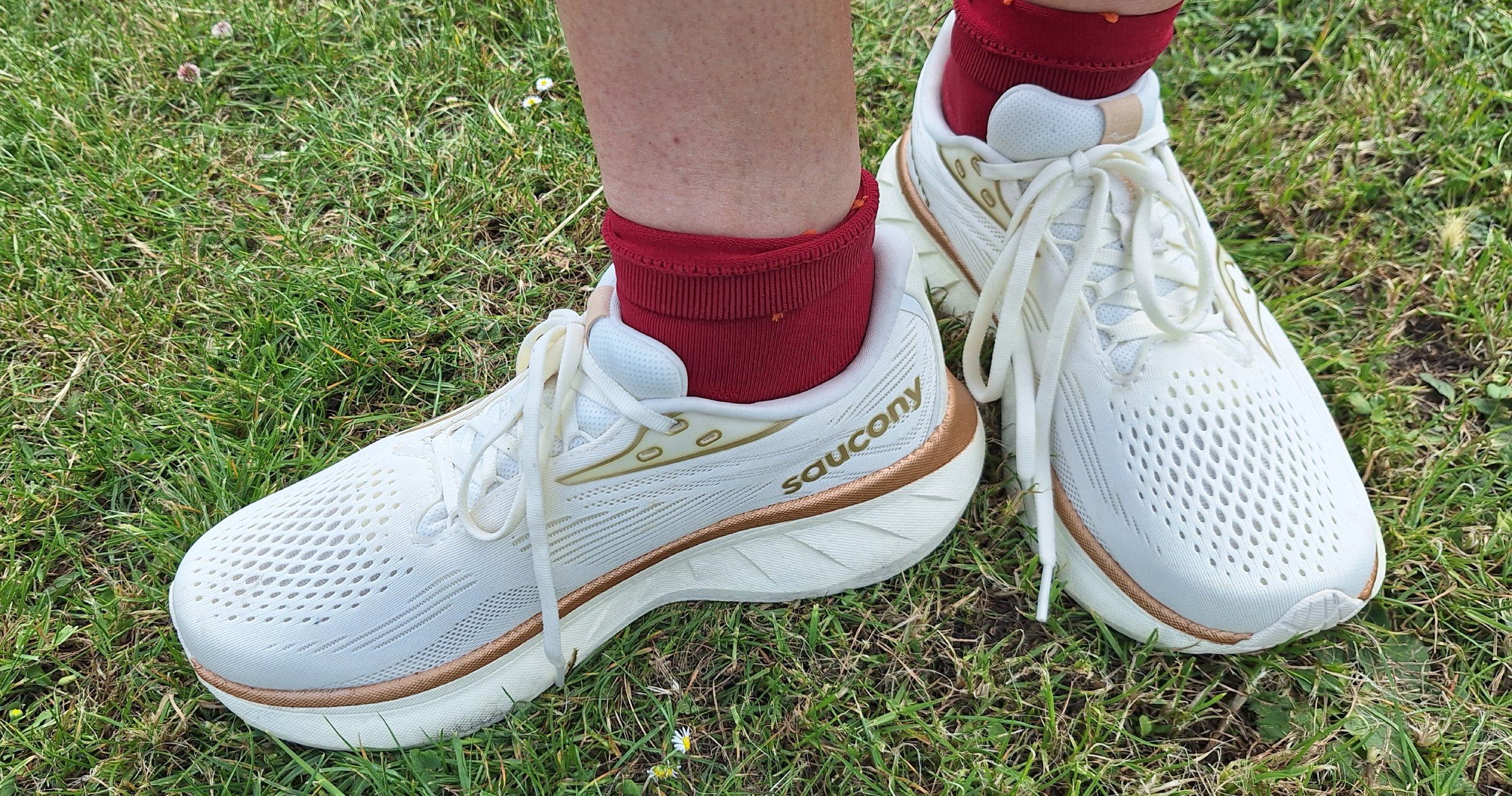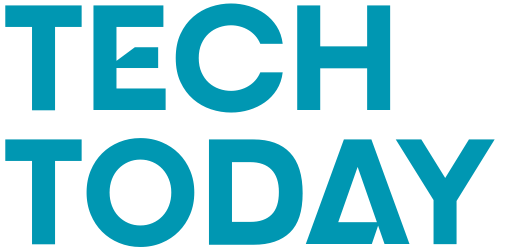Will Monaghan, group chief digital information officer at University Hospitals of Leicester and University Hospitals of Northamptonshire (Credit: NTT DATA)
University Hospitals of Leicester NHS Trust (UHL) has deployed a patient administration system (PAS) from Nervecentre, allowing staff to access and update patient information in real time.
The PAS, which is linked to the trust’s existing Nervecentre electronic patient record (EPR), manages patients’ care journeys through recording tests requests, referrals to consultants, outpatient appointments and hospital admissions, while allowing staff to review medical records and manage treatments.
UHL rolled out the purpose-built PAS across its community sites and three acute hospitals in June 2025 to replace its 35-year-old legacy systems.
Will Monaghan, group chief digital information officer at UHL and University Hospitals of Northamptonshire, said: “Our existing PAS just wasn’t fit for a complex, modern hospital organisation.
“We’ve worked with Nervecentre to develop this system from the ground up, and this is the first time it’s been used anywhere in the world.
“It was designed in partnership with the NHS, for the NHS, and our partnership with NTT DATA and Nervecentre has made it a huge success.
“For us, this is a step on the journey. We’re now really excited about how we can integrate AI into how we deliver and administer clinical care. Our constant focus is on making it easier to provide care, and safer to receive it.”
Business and technology services firm NTT DATA, which has been UHL’s strategic technology partner for more than 12 years, worked with the trust’s digital and data team to manage the end-to-end technical deployment of the PAS, from testing and building new reporting capabilities to infrastructure upgrades, user access and ongoing support.
This involved the successful migration of more than 50 million patient records with zero data loss and no disruption to national data submissions.
To underpin the new system, NTT DATA also refreshed hardware in clinical settings and embedded support teams across sites to provide troubleshooting and hands-on help to clinical staff during the go-live.
Flann Horgan, head of healthcare sector at NTT DATA UK&I, said: “This was one of the most ambitious and critical system transformations we’ve delivered in the NHS.
“Our priorities were continuity of patient care and minimising any disruption to staff across the trust. We’re proud to have brought the scale, experience and expertise needed to make this transition seamless for UHL’s patients and staff.”
The new system is expected to save staff time by streamlining the gathering of information; reduce error rates by improving data capture, management and presentation; and shorten waiting times by stripping out administrative work.
UHL is also planning to launch a patient portal that integrates directly into the NHS App, giving patients better visibility of their appointments and treatment.
Earlier in November, Nottingham University Hospitals NHS Trust declared a critical incident after issues with the go-live of its Nervecentre EPR coincided with sustained pressures across the trust.
Meanwhile, Harrogate and District NHS Foundation Trust confirmed that it will go live with an EPR from Nervecentre this month, as part of a joint programme with York and Scarborough Teaching Hospitals NHS Foundation Trust.









